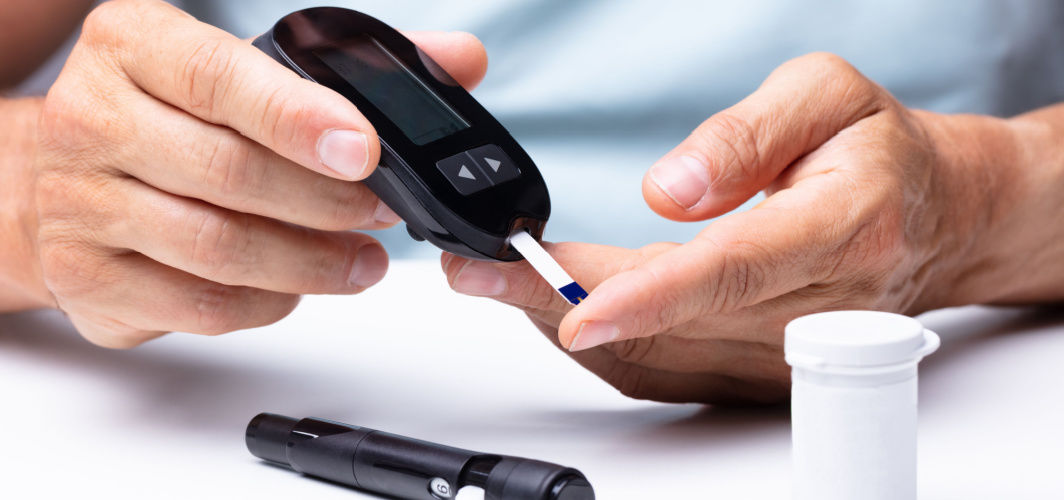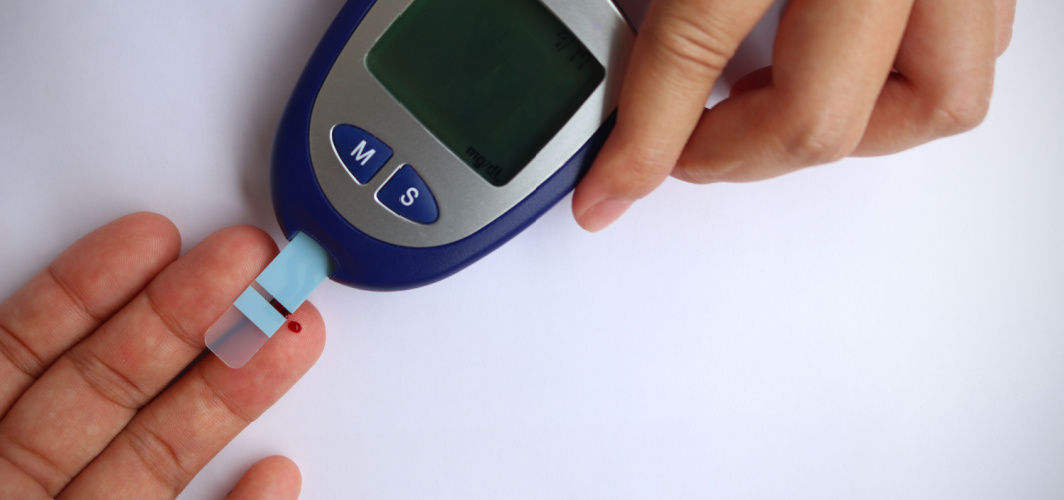Diabetes Management
Why Blood Sugar Levels are High in the Morning?
2 min read
By Apollo 24|7, Published on - 16 November 2023, Updated on - 17 November 2023
Share this article
0
0 like

Waking up to high blood sugar levels can be puzzling and concerning for individuals managing diabetes. This phenomenon, known as the Dawn Phenomenon, involves the body releasing hormones in the early morning hours, triggering an increase in blood sugar levels. Let’s try and understand why this occurs and how implementing effective strategies can help manage morning hyperglycemia:
1. The Dawn Phenomenon:
The Dawn Phenomenon is a natural occurrence influenced by the body's circadian rhythm. In the early morning, hormones such as cortisol and growth hormone are released to prepare the body for the day ahead. These hormones prompt the liver to release glucose into the bloodstream, contributing to elevated blood sugar levels.
2. Insulin Resistance:
For individuals with diabetes, the Dawn Phenomenon can be exacerbated by insulin resistance. Insulin, a hormone that regulates blood sugar, may not be as effective during the early morning hours, leading to difficulty in managing elevated glucose levels.
3. Somogyi Effect:
Another factor contributing to high morning blood sugar is the Somogyi effect. This occurs when blood sugar levels drop too low during the night, prompting the body to release counterregulatory hormones, such as cortisol and adrenaline. These hormones can stimulate the liver to release more glucose, resulting in higher blood sugar levels by morning.
Tips for Managing Morning Hyperglycemia
- Adjust Bedtime Snacks: Consuming a balanced, low-carbohydrate snack before bedtime can help stabilize blood sugar levels throughout the night.
- Optimize Medication Timing: Work with your healthcare provider to adjust the timing or dosage of diabetes medications to better align with the Dawn Phenomenon.
- Incorporate Regular Exercise: Engage in regular physical activity, particularly in the evening. Exercise helps improve insulin sensitivity and can contribute to better blood sugar control.
- Evaluate Your Dinner Choices: Be mindful of your dinner choices, opting for a balanced meal with complex carbohydrates, lean proteins, and healthy fats.
- Stay Hydrated: Adequate hydration supports overall metabolic function and may help in managing blood sugar levels.
- Monitor Blood Sugar Levels: Regularly monitor your blood sugar levels, especially in the morning, to identify patterns and make informed adjustments to your diabetes management plan.
Conclusion
Understanding why blood sugar levels may be high in the morning is crucial for effective diabetes management. By recognizing the impact of the Dawn Phenomenon, insulin resistance, and the Somogyi effect, individuals can implement targeted strategies to maintain better control over their blood sugar levels throughout the day. Collaborating with healthcare professionals and making lifestyle adjustments can contribute to a more stable and healthy morning routine for those managing diabetes.
Diabetes Management
Consult Top Diabetologists
View AllLeave Comment
Recommended for you
.jpg?tr=q-80)
Diabetes Management
Can Diabetes Be Cured Permanently & Completely?
While there's no permanent cure for diabetes yet, it's possible to manage it effectively into remission through lifestyle changes and medical interventions. Remember, your commitment to maintain these changes is crucial to keep diabetes at bay. Availing structured programmes, like the Apollo Super 6, can help you navigate the journey of managing diabetes more smoothly.

Diabetes Management
Make These Simple Lifestyle Changes To Lower Your Risk of Diabetes
Reduce diabetes risk: limit refined carbs, choose high-fiber foods, and include lean proteins. Exercise aids weight loss and insulin sensitivity. Shed excess weight, quit smoking, control portions. Embrace a high-fiber diet, ensure enough vitamin D, cut processed foods and sugary drinks. Moderate healthy fats. These steps optimize blood sugar and lower diabetes risk.

Diabetes Management
How Does Diabetes Affect the Immune System?
Diabetes weakens the immune system, raising infection risk and hindering healing. Chronic hyperglycemia impairs immune cells, leading to susceptibility to infections and delayed wound healing. In autoimmune diabetes, risks of other autoimmune conditions increase due to misdirected immune attacks. Chronic inflammation complicates immune responses, affecting overall health. Tailored vaccinations are vital, highlighting the importance of managing blood glucose levels and adopting comprehensive health measures for individuals with diabetes.
Subscribe
Sign up for our free Health Library Daily Newsletter
Get doctor-approved health tips, news, and more.
Visual Stories

8 Fruits That are Incredibly Healthy for Diabetes
Tap to continue exploring
Recommended for you
.jpg?tr=q-80)
Diabetes Management
Can Diabetes Be Cured Permanently & Completely?
While there's no permanent cure for diabetes yet, it's possible to manage it effectively into remission through lifestyle changes and medical interventions. Remember, your commitment to maintain these changes is crucial to keep diabetes at bay. Availing structured programmes, like the Apollo Super 6, can help you navigate the journey of managing diabetes more smoothly.

Diabetes Management
Make These Simple Lifestyle Changes To Lower Your Risk of Diabetes
Reduce diabetes risk: limit refined carbs, choose high-fiber foods, and include lean proteins. Exercise aids weight loss and insulin sensitivity. Shed excess weight, quit smoking, control portions. Embrace a high-fiber diet, ensure enough vitamin D, cut processed foods and sugary drinks. Moderate healthy fats. These steps optimize blood sugar and lower diabetes risk.

Diabetes Management
How Does Diabetes Affect the Immune System?
Diabetes weakens the immune system, raising infection risk and hindering healing. Chronic hyperglycemia impairs immune cells, leading to susceptibility to infections and delayed wound healing. In autoimmune diabetes, risks of other autoimmune conditions increase due to misdirected immune attacks. Chronic inflammation complicates immune responses, affecting overall health. Tailored vaccinations are vital, highlighting the importance of managing blood glucose levels and adopting comprehensive health measures for individuals with diabetes.

